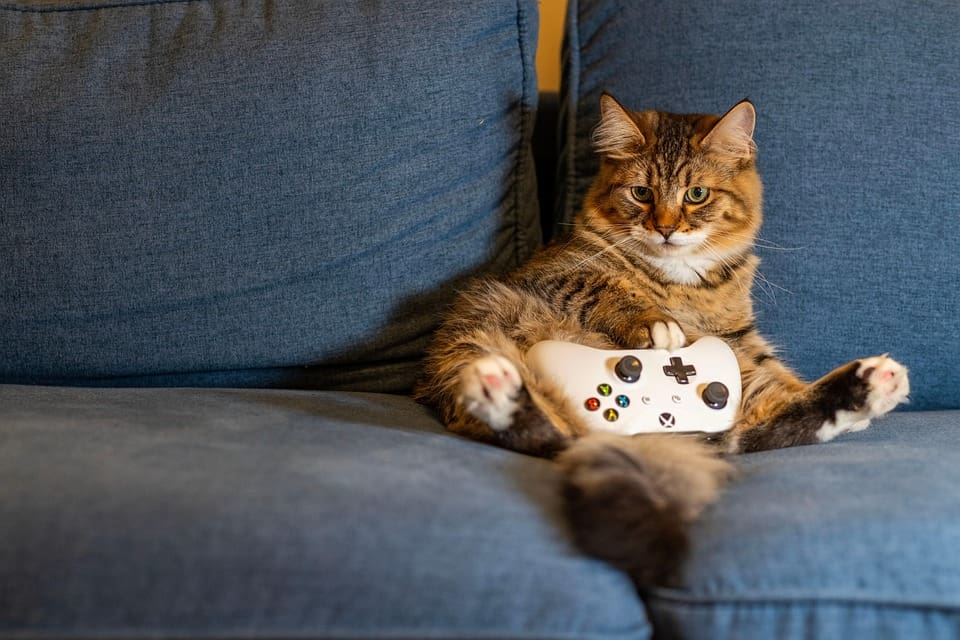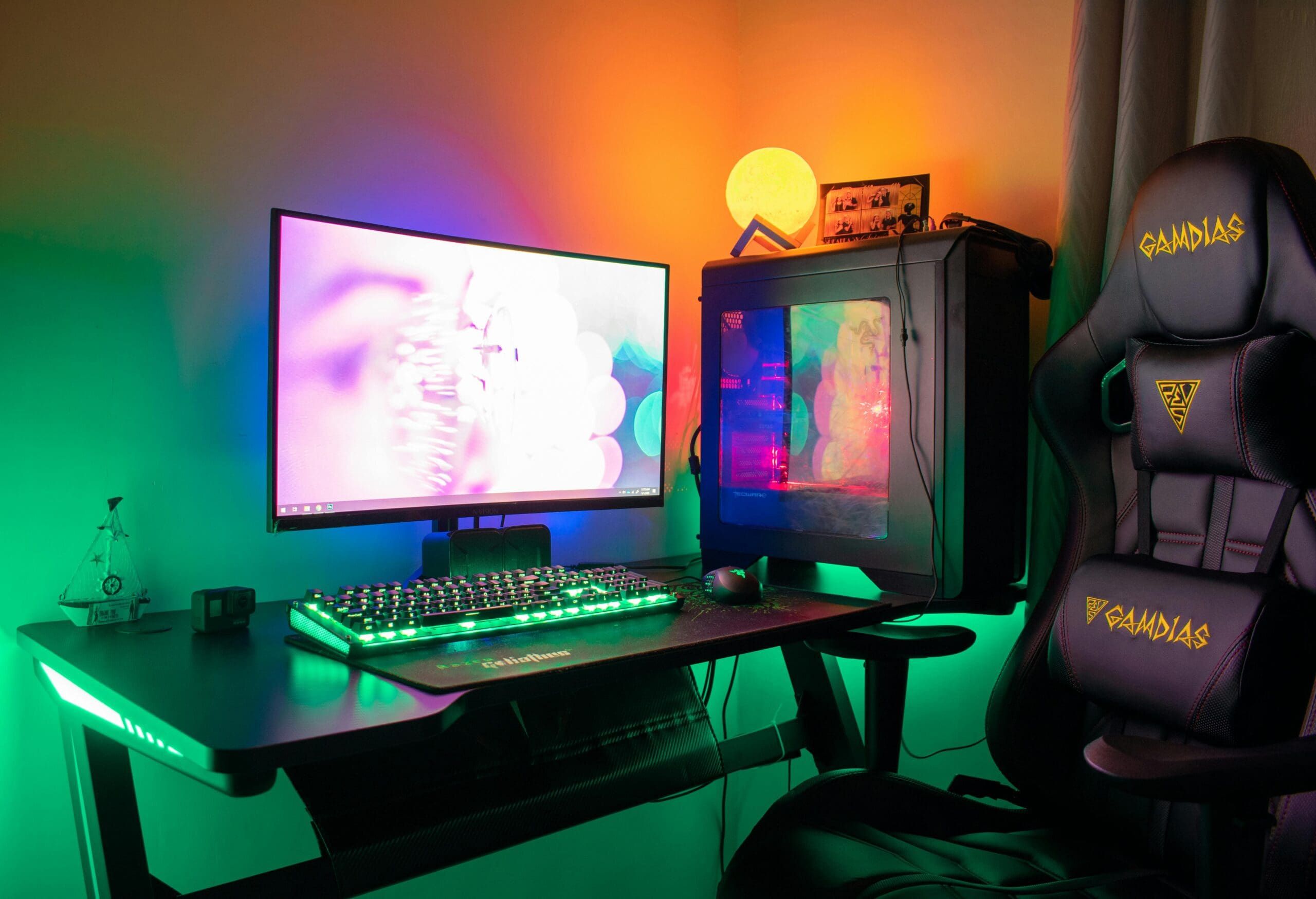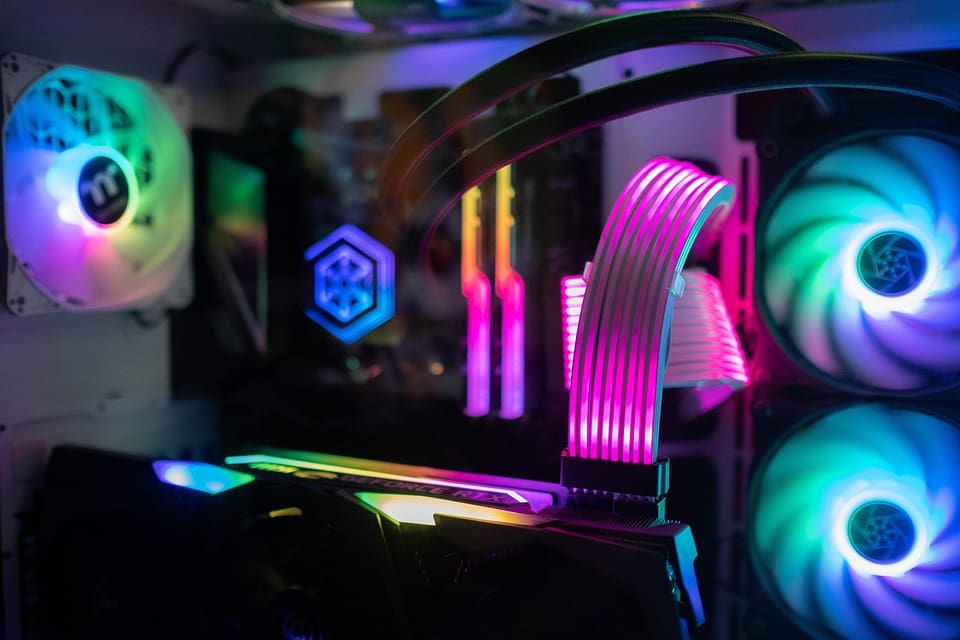Introduction
Gaming PCs require proper setup, optimization, and maintenance to perform at their best. In this guide, we’ll cover essential tips and tricks to help users maximize their gaming experience.
Why This Topic Matters
Understanding Overclocking 101: Everything You Need to Know to Boost Your Computer’s Performance is crucial for PC gamers and builders. Poor setup or lack of knowledge can lead to performance issues, overheating, or hardware failures. Here’s why this topic is important:
- Performance Impact: How this affects FPS, load times, and system efficiency.
- Common Issues: What most gamers struggle with when dealing with this component or setup.
- Long-Term Benefits: How optimizing or maintaining this aspect improves PC longevity.
Step-by-Step Guide / Essential Tips
1. Understand the Basics of Overclocking
Before diving into overclocking your PC, it’s essential to understand the basics. Overclocking refers to increasing the clock speed of your computer’s components, such as the CPU or GPU, to achieve better performance. However, it’s crucial to do this within safe limits to avoid damaging your hardware.
2. Check Your Hardware
Not all hardware is created equal when it comes to overclocking. Some components are designed to handle higher clock speeds, while others may struggle with even a slight increase. Make sure to research your specific hardware and its overclocking capabilities before attempting any adjustments.
3. Use Proper Cooling
Overclocking generates more heat, which can lead to instability and damage if not properly managed. Invest in a high-quality cooling solution, such as an aftermarket CPU cooler or additional case fans, to ensure your components stay within safe temperature limits.
Common Mistakes to Avoid
- Not Following Best Practices: One of the most common mistakes users make is not following best practices when overclocking. This can lead to instability, crashes, or even hardware damage. Always research and follow proper overclocking techniques.
- Overlooking Compatibility: Ensure that all components in your system are compatible with each other and can handle the increased load from overclocking. Check for BIOS updates, driver compatibility, and power supply requirements.
- Skipping Regular Maintenance: Overclocking puts additional stress on your hardware, so regular maintenance is crucial. Clean your components regularly, monitor temperatures, and replace thermal paste as needed to keep your system running smoothly.
Advanced Optimization Tips
For experienced users looking to take their overclocking to the next level, here are some advanced optimization tips:
- Experiment with voltage adjustments to fine-tune your overclocking settings.
- Consider delidding your CPU for better thermal performance, but be aware of the risks involved.
- Use benchmarking tools to test the stability and performance of your overclocked system.
Final Thoughts
By following these tips, users can improve their PC’s performance, longevity, and gaming experience. Whether they are beginners or experienced gamers, optimizing Overclocking 101 ensures smoother gameplay and better system stability.
💬 What has been your biggest challenge with Overclocking 101: Everything You Need to Know to Boost Your Computer’s Performance? Let us know in the comments!


